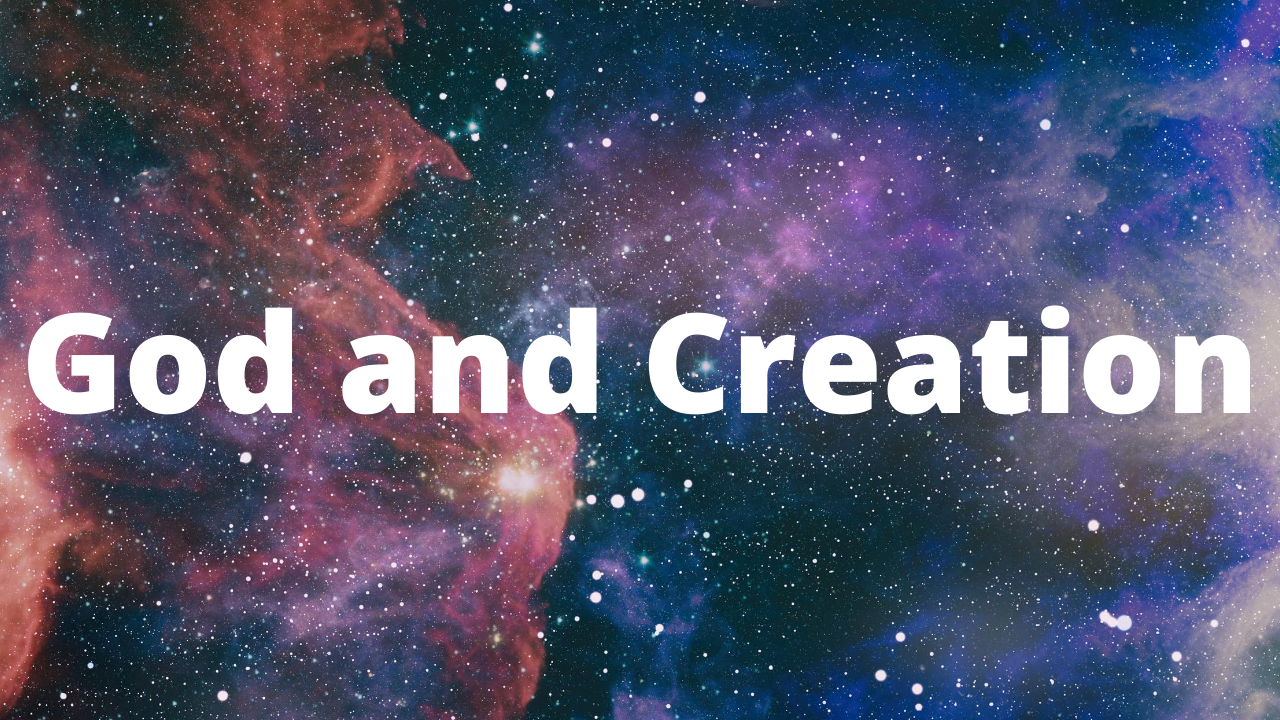
God is not really related to creatures?
In How to Think About God, I offer a response to an objection from divine simplicity which affirms the traditional Thomistic understanding that God is only rationally (but not really) related to creation. In contemporary terms, this position amounts to anything God creates being a Cambridge change – that is, a change extrinsic to God, rather than intrinsic – which allows us to maintain that God stays essentially the same across all possible worlds, regardless of what God creates, or even if God refrains from creating, at all. Naturally, this position is bound to lead to confusion, which has certainly been the case in recent debates concerning divine simplicity. In response, I’ll try to quickly explain this “no real relation” position, and show how many opponents of divine simplicity misunderstand what is meant when Thomists say God is not really related to creation.
What brings this topic to mind is the following objection sent to me via a recent social media exchange: “If God has no real relation to creatures then he is not really the ultimate cause of everything other than itself but only in our minds.”
This is a good place to start, because it is fundamentally not what Thomists mean when saying God has no real relation to creatures, though many people seem to take it as such.
Simply put, to say that God is not really related to creatures is not to say creatures do not really depend on God as their cause, but only that the ontological basis for that truth does not include an intrinsic entity in God that would change had God created differently, or not at all (such as some intrinsic intention or decree, say). The relationship is entirely extrinsic and consists only in God’s effect and it’s casual dependence on God. Given divine simplicity, and to provide some visual representation, here is everything “on the ground” when God creates some effect E (and here I follow Matthews Grant):
1 ) God
2 ) E (God’s effect/creation E.)
3 ) The causal-dependence relationship between E and God. (This results from God causing E; and thereby doesn’t require any independent action, which helps us to avoid the regress objection of creation ex-nihilo.)
And had God created differently, the account itself would only change as follows:
1 ) God
2 ) Y (God’s effect/creation Y).
3 ) The causal relationship between Y and God.
Therefore, all change – and the changing relationship itself – is entirely extrinsic to God, which means God remains essentially the same across all possible worlds, even as God’s creation changes, or even if God creates nothing at all. *That* is what is meant when Thomists say that God bears only a rational (or logical) and not a real relation to creatures: Creation does not change God essentially or intrinsically when God creates.
Simply put, God’s choosing to create E *just is* E’s coming into existence and is not preceded by any prior intrinsic change in God (no change in intrinsic intention, decree, etc); hence there is no intrinsic ontological basis in God for that causal relationship. All change, all contingency, once again, is entirely extrinsic. This not only preserves divine simplicity, but, as Matthews Grant points out, provides the best metaphysical account for affirming libertarian human freedom, as well.
And so, to assert God not being really related to creatures means God is not the ultimately cause of everything aside himself, is false, and betrays a fundamental misunderstanding of what this position holds.
Related Posts